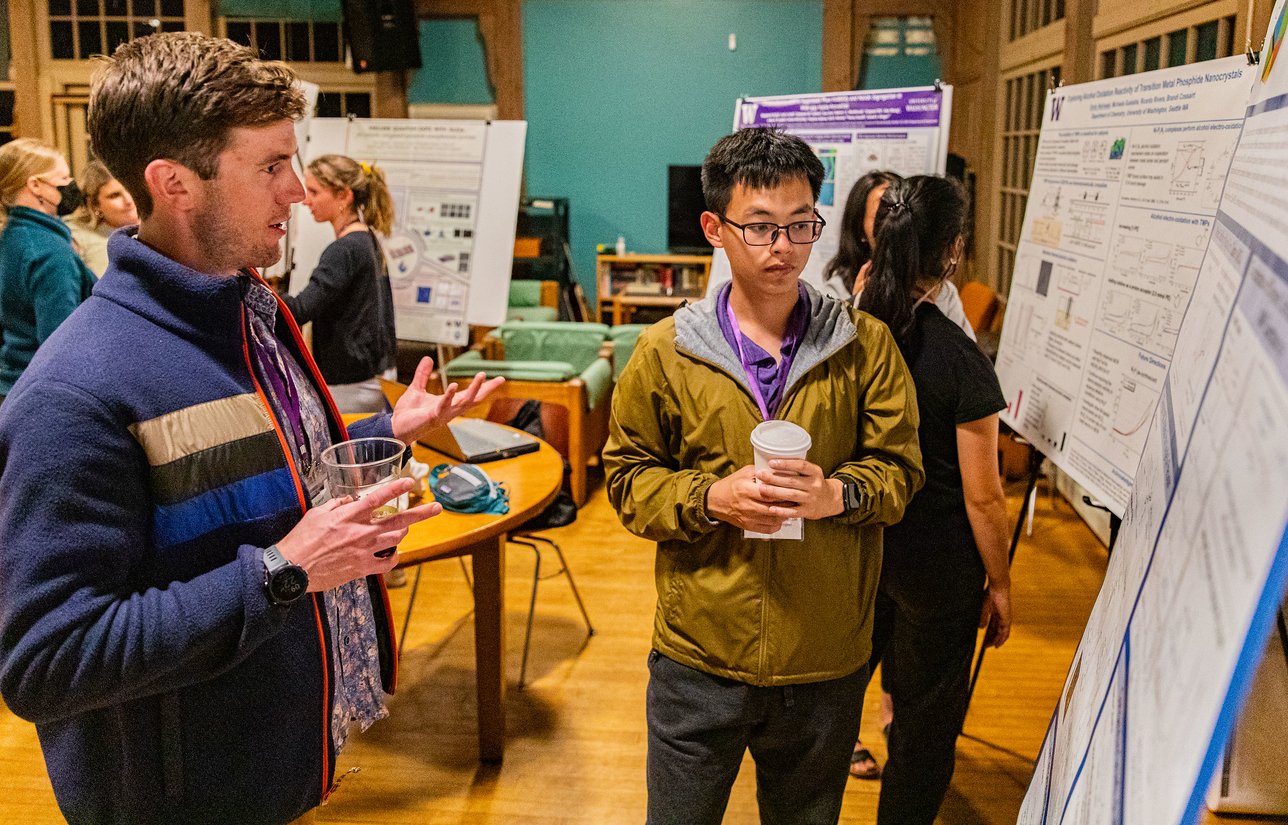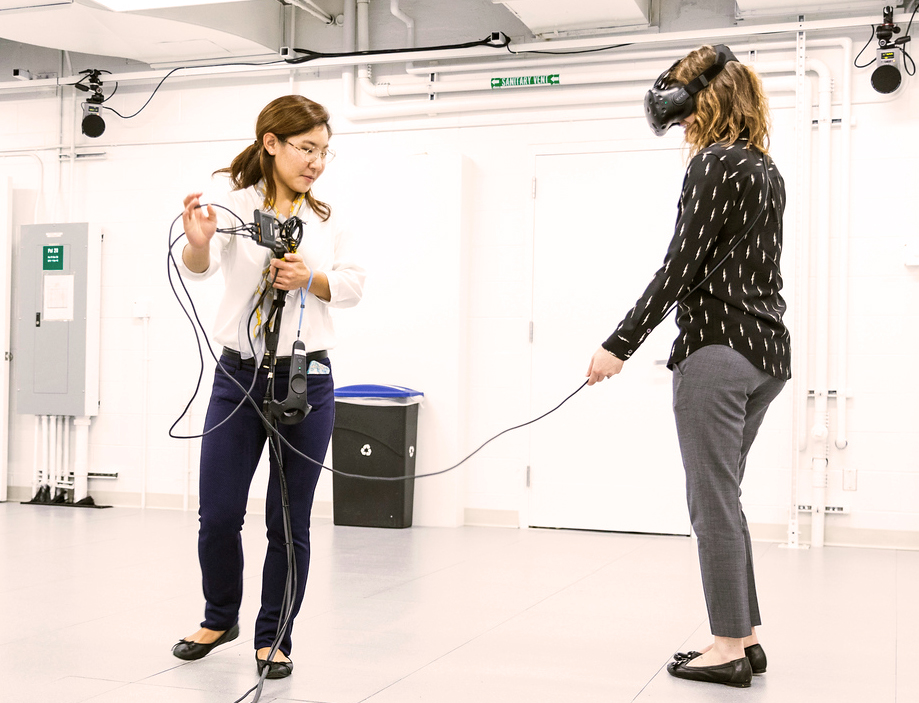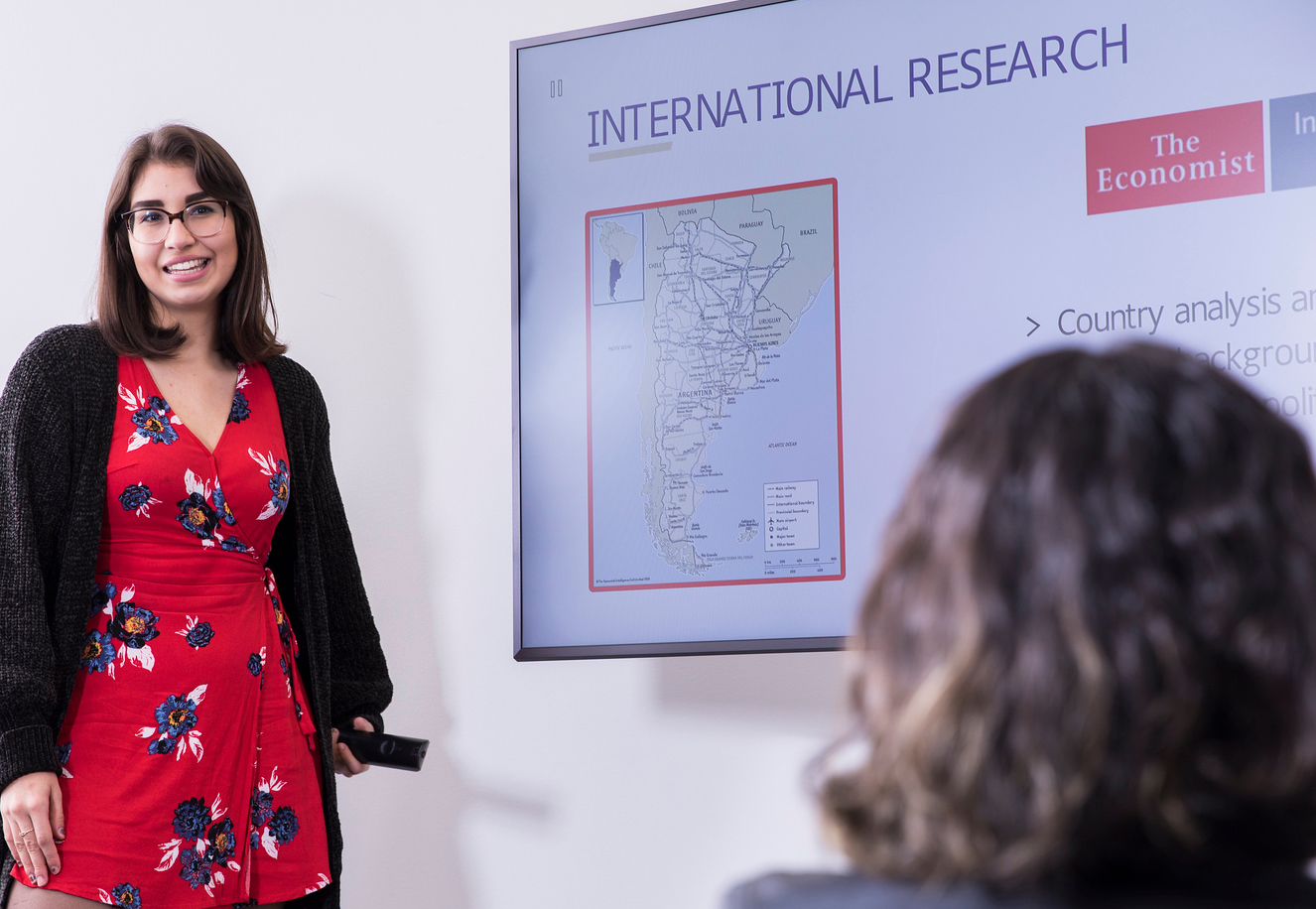
In the Humanities at UW, students will be trained to:
- Develop a global perspective and an understanding of diverse cultures
- Think critically and communicate expressively across media and genres
- Engage with texts, languages, history, culture and civilization
- Push boundaries, embrace scholarship, and investigate issues of power and difference
If you are looking to learn more about the value of Humanities Scholarship, or are considering if adding a Humanities program to your UW experience has value, read on for real world examples and benefits.
For even more, we invite you to visit the College of Arts and Sciences page on the Humanities Division.
“Curiosity, creativity, and empathy aren’t unruly traits that must be reined in to ensure success. Just the opposite. The human touch has never been more essential in the workplace than it is today. You don’t have to mask your true identity to get paid for your strengths...the job market is quietly creating thousands of openings a week for people who can bring a humanist’s grace to our rapidly evolving high-tech future.”
Real World Applications
The Humanities as an "And", not an "Or"
A major as part of your degree is not a zero-sum equation; even if you weren't considering the Humanities as your sole major, you do have the bandwidth and the time for more than a single major at UW. Education is a cohesive collection of experiences, each providing its own unique contribution to a person’s future, and a competitive education that prepares someone for what's next should include "and" at every turn.
For Humanities majors or minors, our programs are structured in a way that allows a variety of double major, double degree, and major/minor combinations, each within the scope of a student's overall degree experience and graduation timeline. Adding a Humanities major or minor has real world benefits:
-

Learning another language doesn’t just train students in sentence structure and vocabulary; it trains them to understand and interpret cultures and worldviews. Essential for political discourse and ethical policy.
- If you want someone who can tell you if your business plan is going to work, your first stop might be a business school. If you want someone who can tell you whether or not it will work in Argentina or Japan, you'll need a student with Humanities training.
- Physicians with language training learn faster which diagnostic questions translate into something their patients will understand and respond to.
- Cognitive development and infant language acquisition blends linguistics and psychology. Labwork advances faster when skills are diversified.
- Film and literature help develop a stronger understanding of how different cultures and societies view the impact of modern crises. A difference maker for the next generation of NGO and NPO leaders.
Real World Examples of the Humanities Edge
- Asian Languages & Cultures + Computer Science
- American Sign Language + Early Childhood Education
- Cinema & Media Studies + Communications
- Classical Studies + Architectural Design
- Comparative History of Ideas + Business (Entrepreneurship)
- English Creative Writing + Business (Marketing)
- French + Art History
- German + Mechanical Engineering
- Global Literary Studies + Human Rights
- Linguistics + Human-Computer Interaction
- Middle Eastern Languages & Cultures + Political Science
- Scandinavian Studies + Interior Design
- Russian + Aeronautics/Astronautics
- Spanish + Global Health
The World Needs Both Humanists & Technologists
The Humanities trains the next generation to reflect on questions of human existence that need answers: What language frameworks or messaging do people respond to, and why? How does a culture grow, change, and define reality? What constitutes a just action or society? How do humans understand and manage happiness or mitigate suffering?

In any industry and field, leaders, decision makers, and participants are all still at humans at their core. Proximity to (and engagement with) different ways of thinking through Humanities programs will make you a better lawyer, physician, or software engineer because it will train you to understand the human perspective and the human experience through creative communication, problem solving, and relationship building.
Adding the Humanities to your experience will train you in the spirit of inquiry to ask questions in a way that others might not; to ask the right questions, not just the obvious questions.
Better AI and Business through Humanistic Understanding
Truly understanding (not just discerning) blind spots in LLMs, data set biases, and neural networks used in AI needs Humanities training; training that can provide moral context, cultural clues, and ethical solutions for what people do and do not respond to. The next generation of program managers at tech companies will manage stronger teams and be promoted faster with these skill sets.

Examination of relationships and feelings, and the feelings of others cannot be found in a computer science or business curriculum, but after graduation, those fields still demand those skillsets in new hires.
A World Economic Forum survey of top executives from nine leading industries listed the liberal arts skills of critical thinking, writing, emotional intelligence, and cognitive flexibility as the top skills they are looking for in employees. Forbes magazine writes that “today’s tech wave will inspire a new style of work in which tech takes care of routine tasks so that people can concentrate on what mortals do best: generating creative ideas and actions in a data-rich world.” See more here.
“What matters now is not the skills you have, but how you think. Can you ask the right questions? Do you know what problem you’re trying to solve in the first place?”

